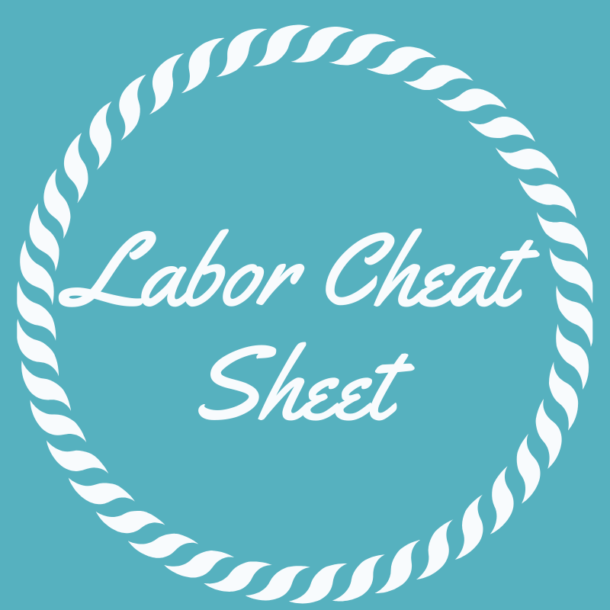Birth Hormones You Should Know!
Understanding how birth hormones impact your labor and birth can help you make informed choices about how and where you want to labor, what you can do to help labor progress, and what you might not realize is slowing labor down!
Oxytocin
Often called the love hormone, oxytocin can keep you smiling as you’re headed to your birth location in the midst of contractions! Lamaze’s healthy birth practices remind us to let labor begin on its own and avoid unnecessary interventions, and oxytocin plays a crucial role in this process.
“Allowing this process to unfold on its own, and providing space for the complete symphony of hormones to play out, as is done in a physiologic (normal, naturally occurring) birth, can offer the following benefits (Buckley, 2015, page xii):
- Rising estrogen levels before labor, help prepare the uterus to be more efficient in labor
- Increasing oxytocin and prostaglandin to help ripen cervix before labor
- Increased oxytocin receptors in the uterus before labor to create more effective contractions during labor and after birth, which reduces bleeding after birth
- Increased beta-endorphin receptors before labor, which provides natural pain relief in labor
- Increased oxytocin and prolactin receptors, which encourage successful breastfeeding and bonding with baby after birth”
It’s also important to remember that while there are some similarities, Pitocin is NOT the same as oxytocin!
- Pitocin is synthetic. Oxytocin is naturally occurring in the body
- Pitocin does not cross the blood/brain barrier as oxytocin does, which means it does not stimulate the release of pain-relieving endorphins
Endorphins
The pain of labor isn’t the same as pain from an illness or injury, in part thanks to endorphins! Lamaze teaches us that, “your body makes hormones that both cause and counteract pain. The human body truly is amazing. A laboring person’s body creates the hormone called oxytocin, also known as the ‘love hormone,’ which is responsible for keeping contractions going throughout labor. At the same time, your body also produces endorphins, which are hormones that increase feelings of calm and provide pain relief. The level of endorphins gradually rise throughout labor to match labor’s intensity. Your body makes its own specially-formulated pain medication — whoa.”
Adrenaline
When we feel safe and loved, we produce oxytocin. In labor, oxytocin = contractions. But if we feel stressed, unsafe, afraid, or in danger during labor, adrenaline (the stress hormone) is going to interfere with all that oxytocin! The flash of bright lights or loud equipment, strangers in your birthing space, or disruptive interventions could all cause an increase in adrenaline and potentially slow or stop contractions as part of your body’s natural response.
Focus on keeping a calm and relaxed environment surrounded by a team that will speak positive words of encouragement and provide you with information needed to make evidence-based decisions about your care and allow your body to work naturally.
Prolactin
Your birth hormones are still hard at work after your baby arrives. Prolactin is often called the mothering hormone, and it has many roles including being central to milk production.
You can likely promote your body’s production of prolactin by:
- Waiting for labor to start on its own.
- Minimizing stress during labor and after birth.
- Honoring the golden hour and staying together after birth.
- Breastfeeding early and thereafter on cue from the baby.
Finding a care team that honors your body’s natural process and a birth space that supports physiological labor can help the hormones in your body work in the way they were meant to. Babymoon Inn midwives support your body’s natural process by providing a comforting and safe environment in the birth center with minimal distractions and no unnecessary interventions, and respecting the postpartum period and providing lactation support throughout your journey.
Michelle Petkovic
Social Media Manager, Babymoon Inn
Michelle Petkovic received her degree in International Affairs from Sweet Briar College. She is a mother of one energetic toddler and one newborn, and she loves spending time outside camping, hiking and traveling with her family.




